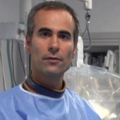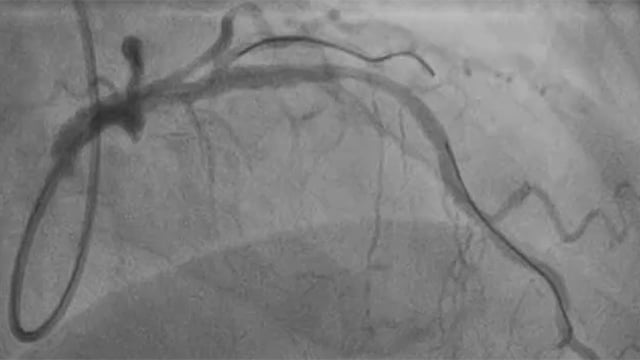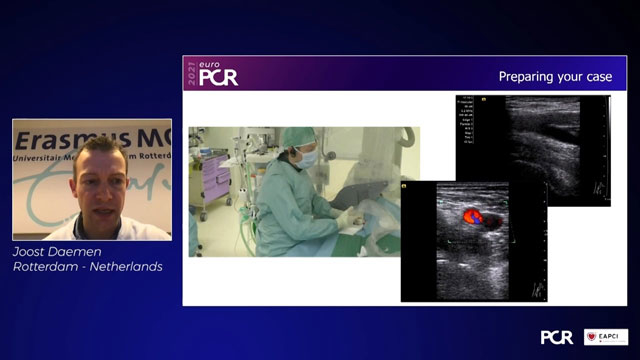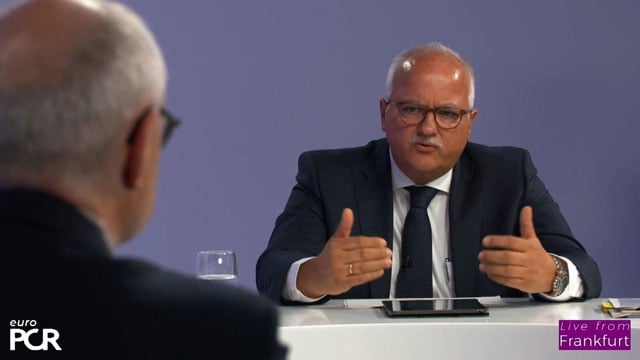
Pedro De Araujo Gonçalves
Latest contributions
Managing complications during PCI for NSTEMI
19 May 2022 – From EuroPCR 2022
Watch this session to learn how to face various complications during PCI for NSTEMI thanks to a selection of cases presented at EuroPCR 2022: a inadvertent wire loss, the rescue of a ruptured radial artery with persistent bleeding, as well as a missing/embolised fully deployed ostial RCA...

Current status of renal denervation techniques for the treatment of hypertension (Part 2)
19 May 2021 – From EuroPCR 2021
Watch this session if you want to review the up-to-date indications, device selection and procedural techniques for renal denervation.
This session was originally presented during EuroPCR 2021.

Current status of renal denervation techniques for the treatment of hypertension (Part 1)
19 May 2021 – From EuroPCR 2021
Watch this session if you want to review the up-to-date indications, device selection and procedural techniques for renal denervation.
This session was originally presented during EuroPCR 2021.



